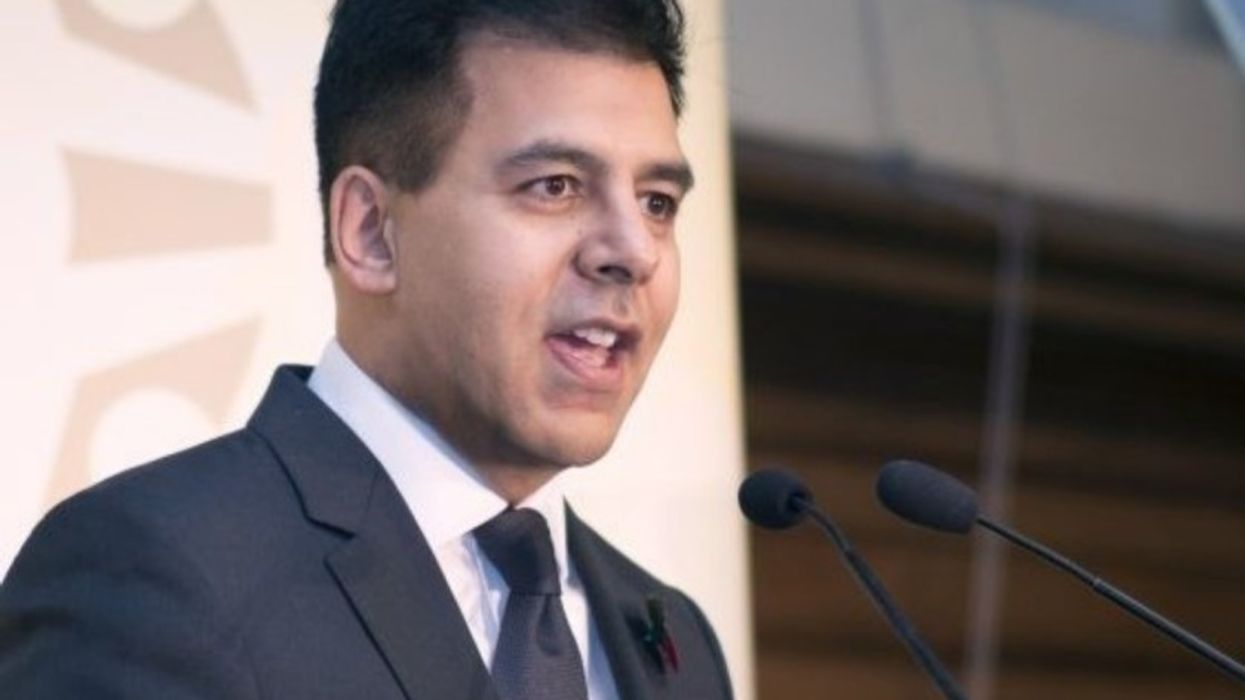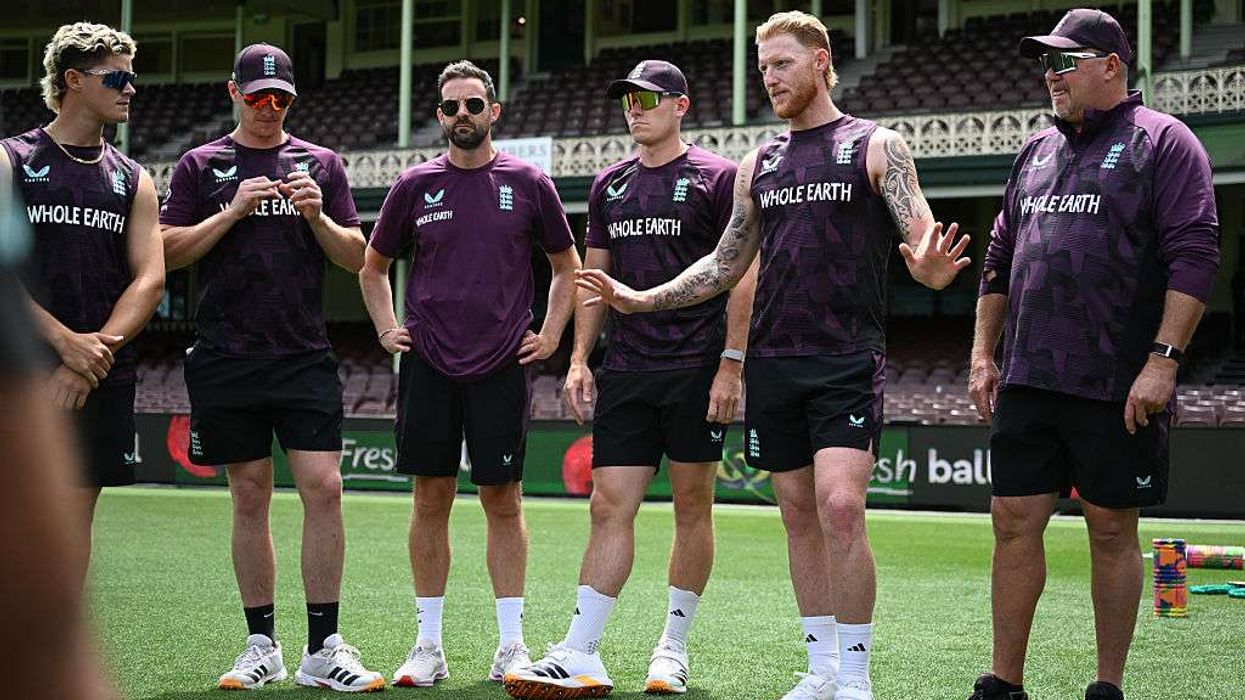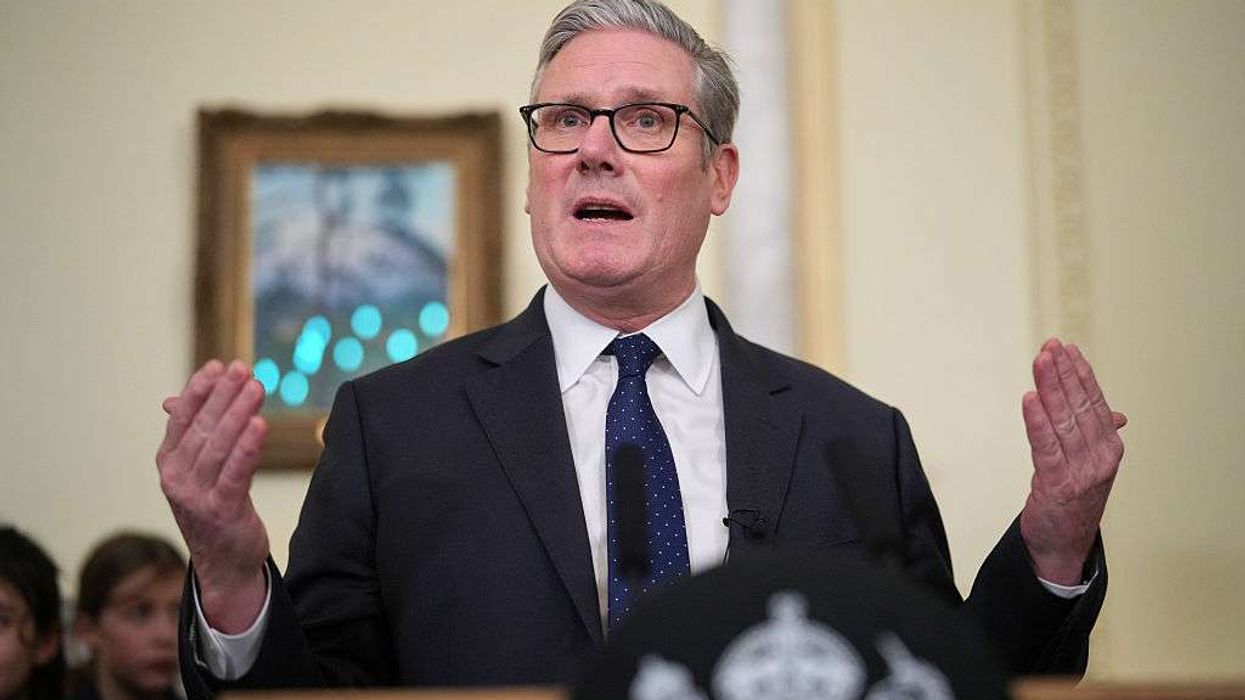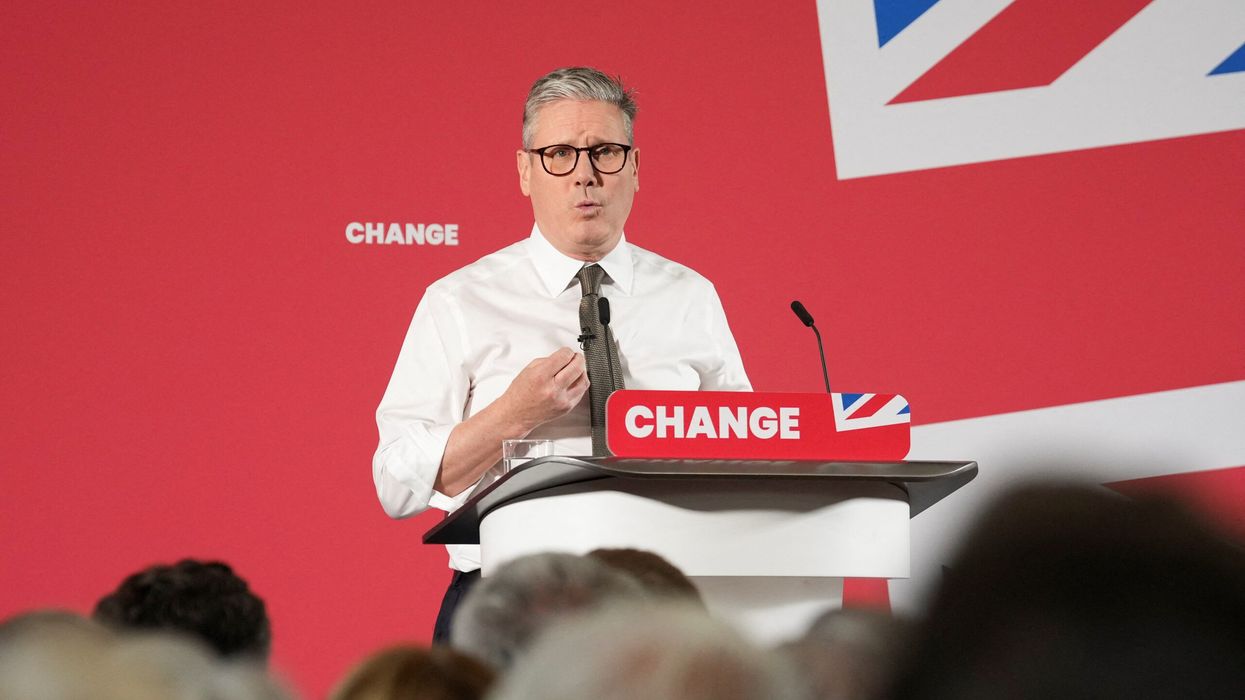RIME MINISTER Keir Starmer has nominated British Indian professional Krish Raval and British Sri Lankan politician Thangam Debbonnaire for peerage as his government unveiled the latest picks for parliament's unelected upper chamber. The Liberal Democrats have British Pakistani councillor Shaffaq Mohammed on their list. According to reports, former prime minister Rishi Sunak's nominations for the House of Lords are expected at a later date.
The Labour leader also appointed his controversial ex-chief of staff Sue Gray to the House of Lords. Gray, who quit as Starmer's top Downing Street staffer in October amid reported internal tensions, became something of a household name in Britain after leading the probe into the so-called Partygate scandal.
Her 2022 report into unlawful parties in Downing Street during the Covid lockdowns contributed to then-prime minister Boris Johnson resigning several months later, subsequently making her a persistent target for criticism in some quarters.
Gray, a veteran civil servant, then raised eyebrows by quitting her public sector job the following year to become then-opposition leader Starmer's chief of staff.

Raval, a London-based professional, awarded an OBE in 2018 by Queen Elizabeth II for Services to Leadership Education and Inter-faith Cohesion, is the Founder-Director of Faith in Leadership, a University of Oxford-based organisation working towards fostering inter-faith relations.
He chairs the Labour Party's diaspora group, Labour Indians. He was one of Starmer's 30 picks for new political peerages in the House of Lords, to be approved by King Charles III.
He is now expected to join the Labour benches in the Upper House of the UK Parliament as a life peer.
"May I extend my heartfelt gratitude to the prime minister and the Labour family for their trust and confidence in nominating me as a peer. I am deeply humbled and eagerly look forward to advancing our vision for a renewed and dynamic Britain. The guiding principle of 'seva', the dharmic ethos of selfless service, was instilled in me by my parents, whose courage and resilience in building a life here remain a source of inspiration. it is this spirit of service that fuels my dedication to fostering community cohesion and championing international collaboration in addressing the pressing challenges of our age," Raval said.
"I am deeply committed to fostering leadership and relationships that promote mutual understanding and creates pathways to economic opportunity. I am often moved by the unity in Britain's extraordinary diversity-reflected in my extended family of colleagues, friends and mentors of all backgrounds. This opportunity is a testament to the brilliance, strength, and constancy of multiple communities and individuals. Together, we can contribute to a brighter, more unified future."
Former Labour MP Debbonnaire, who lost her seat unexpectedly at the election, has also been nominated.
An independent House of Lords Appointments Commission (HOLAC) vets these nominations before the Prime Minister can formally recommend them to the King.This is followed by legal documents, or the writ of summons, issued by Parliament and a Letters Patent issued by the monarch to create a life peerage for the new members to be able to take their seat in the House of Lords and vote.
The Labour Party has nominated 30 peers in what is seen as an attempt to balance the numbers in the Lords, where the Tories have the most number of peers.
Once the new nominations are approved, which include Opposition Tory leader Kemi Badenoch's six picks and Liberal Democrats' two, the governing Labour Party is expected to have 217 peers, Tories 279 and Lib Dems 80. Over 180 crossbench peers are also part of the Lords as unaffiliated to any party, which means no party has an outright majority in the Upper Chamber of Parliament.
Badenoch has nominated former deputy prime minister Therese Coffey and Toby Young, the founder and director of the Free Speech Union, to become life peers.
The new Labour government is currently in the process of axing 92 seats reserved for peers who inherited their position as a member of an aristocratic family.
It is the most significant reform of the Lords in more than two decades, although as recently as 2022 Labour was contemplating a more radical plan to abolish the entire chamber.
However, the party scaled back the proposals, which envisaged a "reformed upper chamber" to replace it, ahead of the general election in July.













